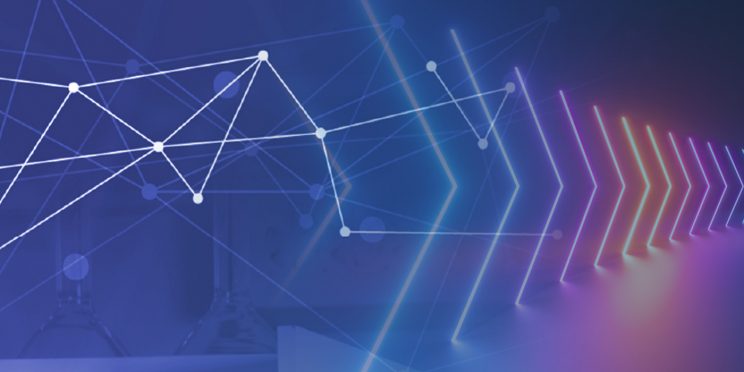This webinar originally occurred on February 27, 2020
Duration: 1.5 hours
Overview
Awareness of how to provide culturally appropriate and trauma informed services to the American Indian/Alaska Native (AI/AN) community is important for forensic examiners. This webinar discussed jurisdictional factors affecting examinations, pertinent laws to consider, and health care services that may be available to AI/AN populations.
In this webinar, the presenter discussed factors that forensic examiners should be aware of when providing trauma informed, culturally appropriate services to American Indian/Alaska Native (AI/AN) people. The presenter reviewed relevant laws for forensic examiners and explains various jurisdictional factors affecting examinations, chain of custody, and prosecution. Additionally, she discussed types of health care services that may be available to AI/AN populations and provides further resources for healthcare provider training, clinical support, and survivor outreach.
Detailed Learning Objectives
- Explain at least four factors and barriers that American Indian/Alaska Native people who have experienced domestic sexual violence may encounter when seeking health care and justice.
- Explain differences in state, federal, and tribal jurisdictions related to forensic healthcare access, law enforcement services, and control of crime prosecution.
- Locate and access at least five healthcare training resources, grant sources, and patient support entities that specifically include or promote AI/AN services.
Presenter
- Erica Gourneau (RN BSN SANE-A) | National Forensic Nurse Coordinator at the Indian Health Service
Funding for this Forensic Technology Center of Excellence webinar has been provided by the National Institute of Justice, Office of Justice Programs, U.S. Department of Justice.
The opinions, findings, and conclusions or recommendations expressed in this webinar are those of the presenter(s) and do not necessarily reflect those of the U.S. Department of Justice.
Contact us at ForensicCOE@rti.org with any questions and subscribe to our newsletter for notifications.




